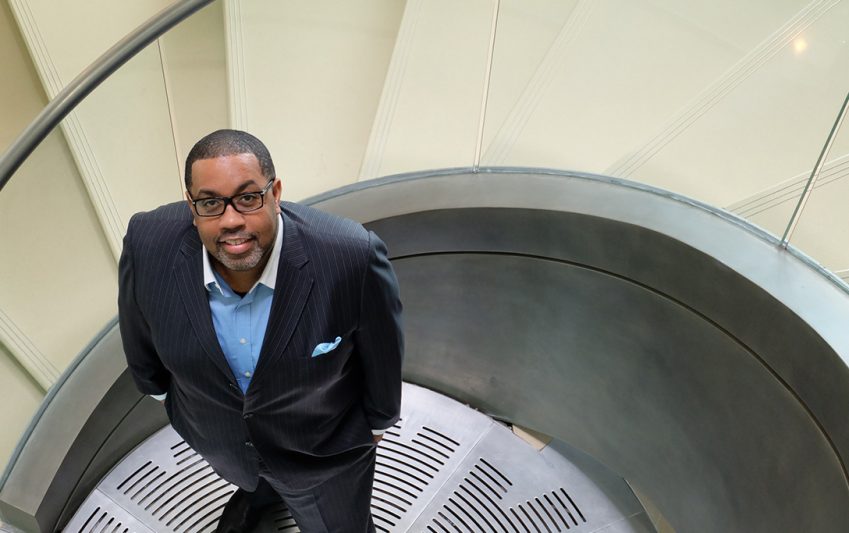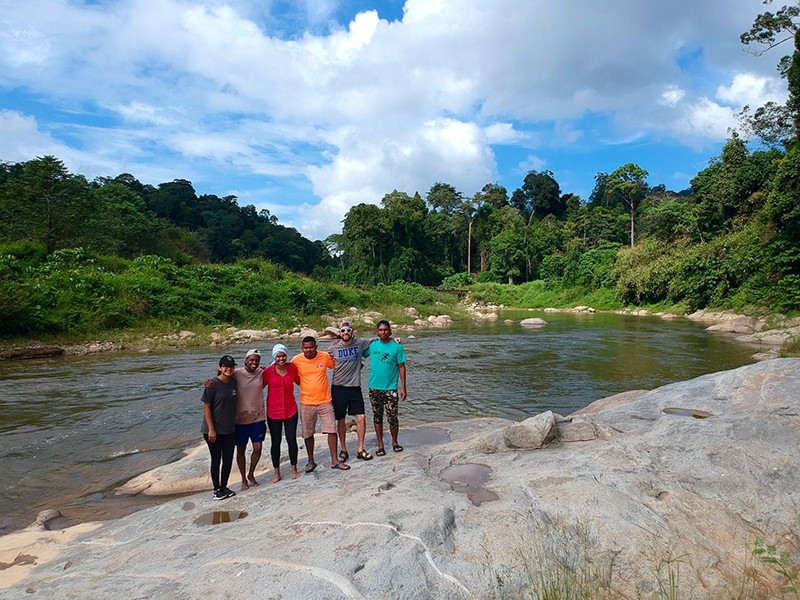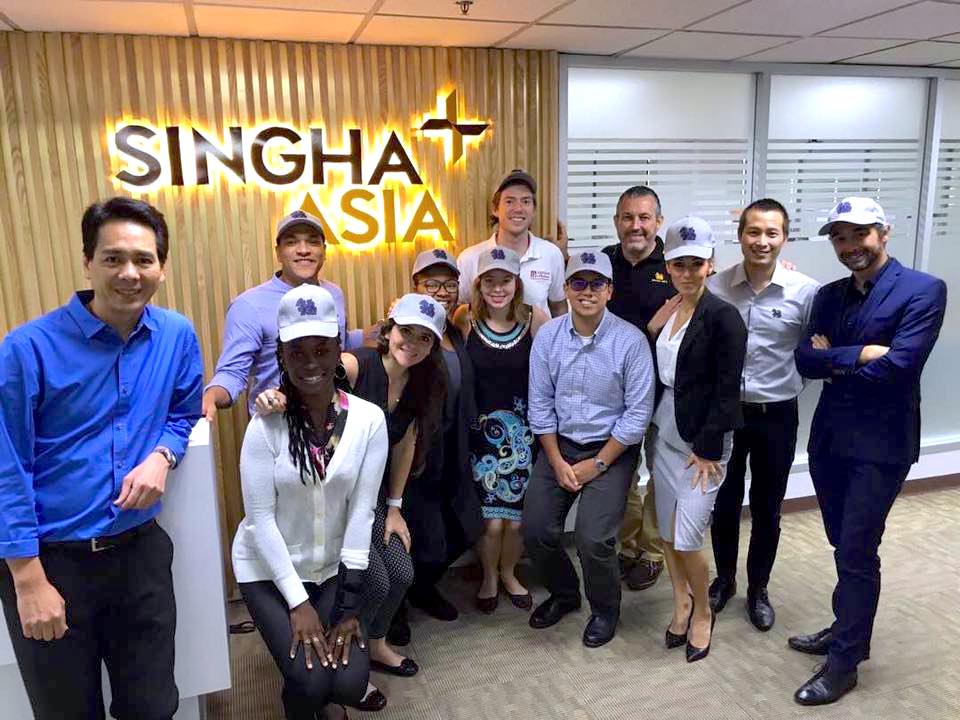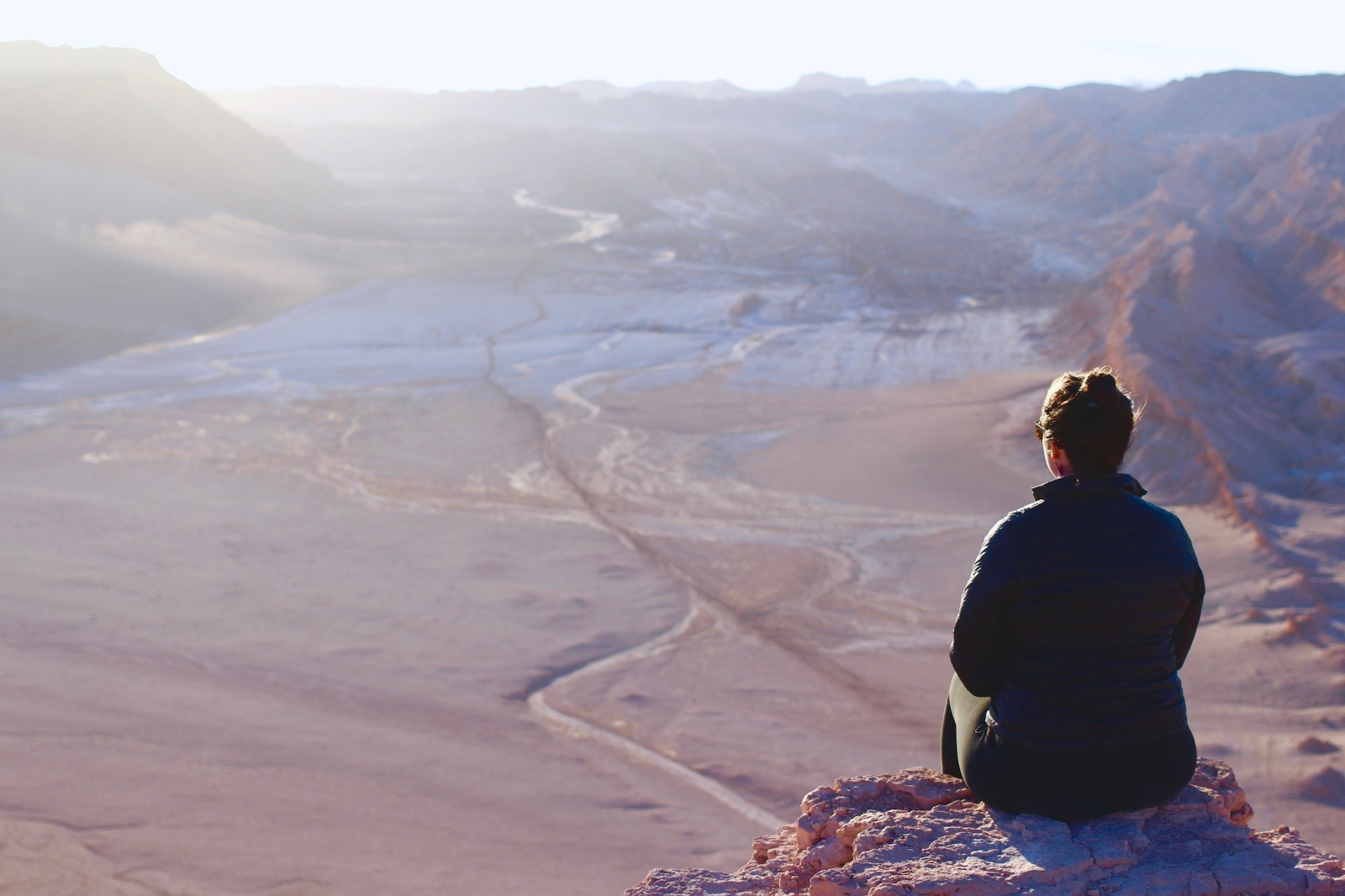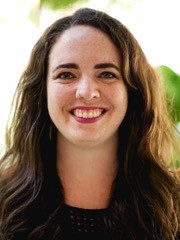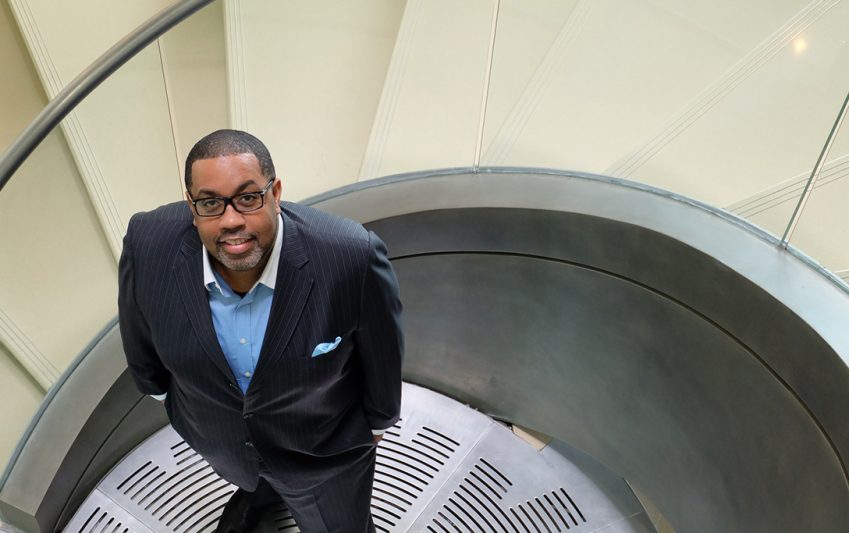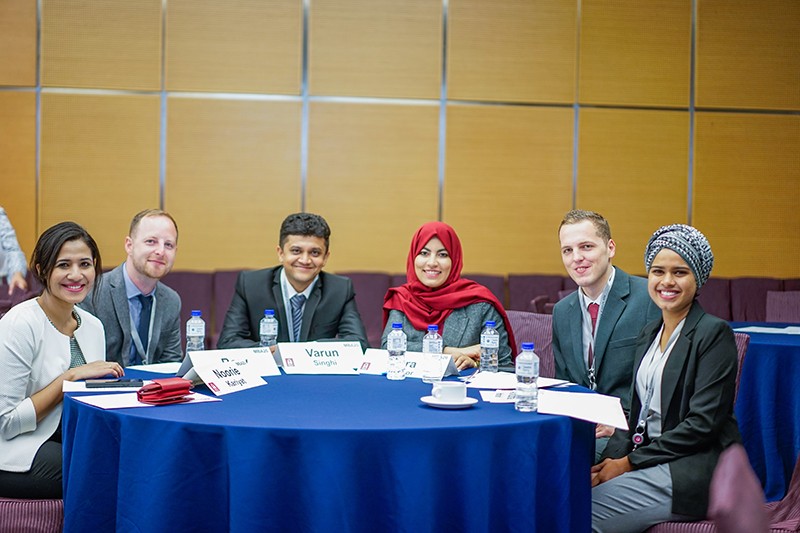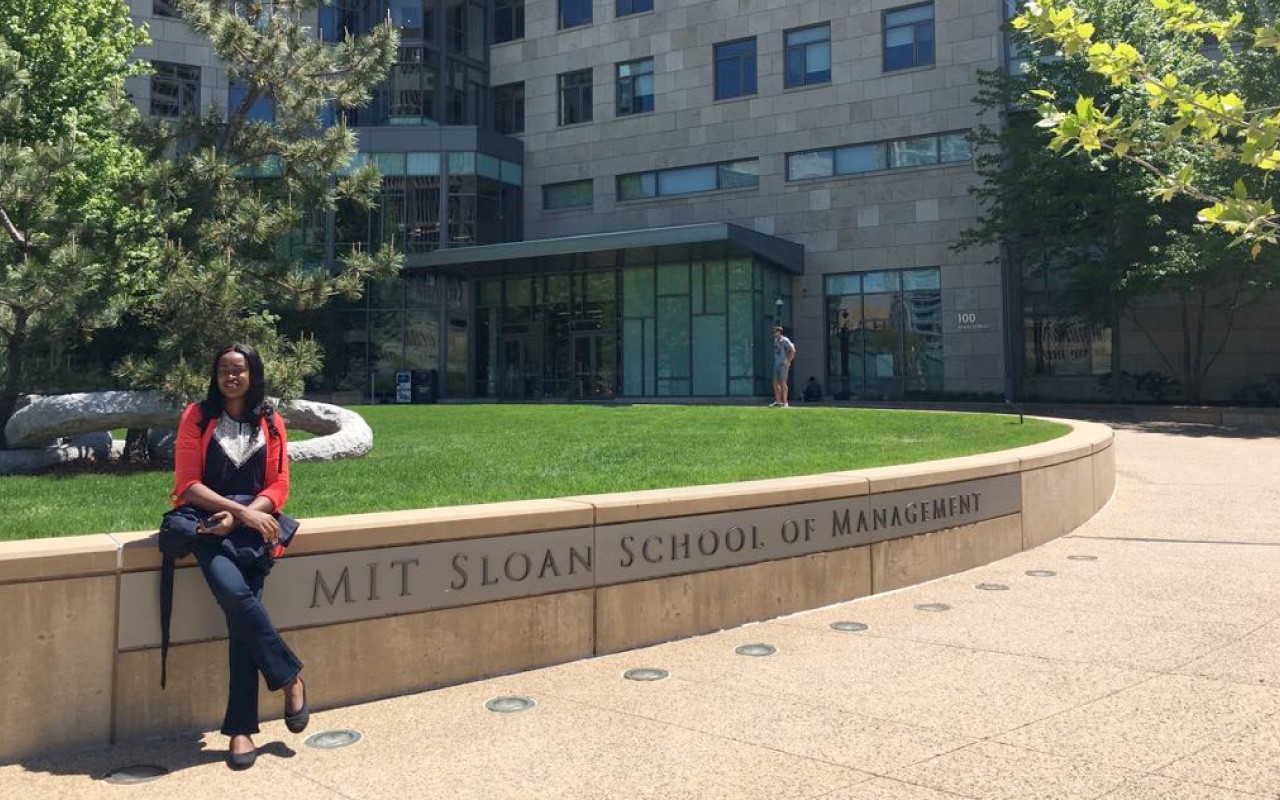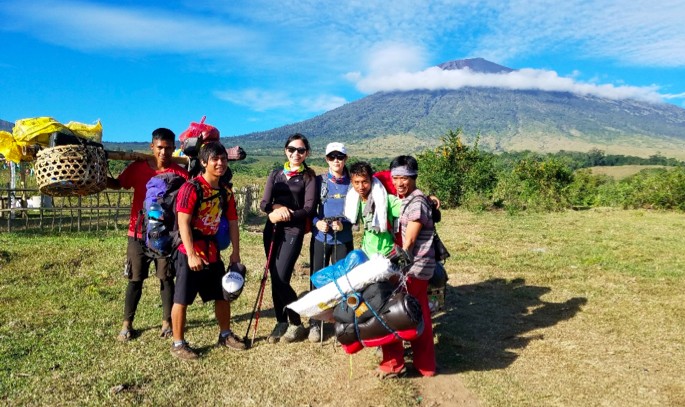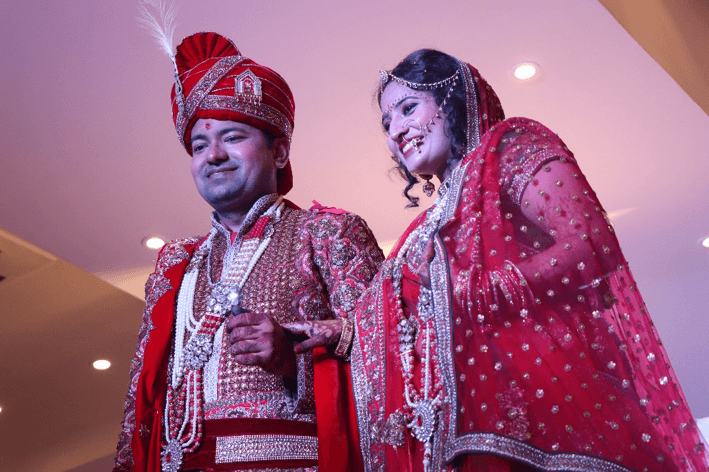When it comes to running an airline, it doesn’t get much more impressive than AirAsia. Originating in Malaysia, AirAsia was voted the world’s best low-cost airline for the 10th consecutive year in 2018. This may have to do with the fact that it has the world’s lowest available seat cost per kilometer at $0.023—a universally recognized measure of airline efficiency.
Or that it now services 25 countries in and beyond Asia. Or that in ten years of new ownership, sold with $11 million of debt, AirAsia now turns a yearly net profit of $354 million. As the firm gears up for large-scale expansion—aiming to grow to 500 aircraft by 2027—AirAsia demands employees with impressive business acumen and the necessary skills to help it on its way. Its proximity and access to MBA students at Asia School of Business (ASB) in Kuala Lumpur offers just this.
More than just an engineer
Ash Kachwala (pictured), originally from Mumbai, India, works for AirAsia as a data scientist, where he applies his dual academic background in computer science and business. Ash studied industrial and systems engineering at Georgia Tech University, but was keen not to get “pigeonholed” too early on in his career. “I got bored of looking at firewalls, backend systems and being that IT guy,” Ash recalls.
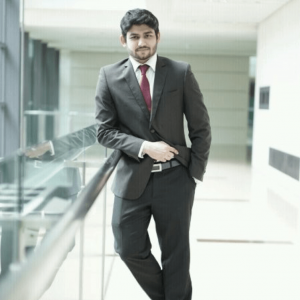 Ash was drawn first and foremost to the Action Learning program on offer at ASB. MBA students get the opportunity to work on five different projects— significantly more than most other business schools.
Ash was drawn first and foremost to the Action Learning program on offer at ASB. MBA students get the opportunity to work on five different projects— significantly more than most other business schools.
The program involves real-world consultancy projects at large and exciting companies in the region like Motorola and Johnson & Johnson. Ash found the latter to be the most exciting, in particular the market research element.
“The beauty of it was that it gave us the chance to venture out of the city more,” Ash enthuses. “I visited 10 to 15 different hospitals around Kuala Lumpur for Johnson & Johnson to get a feel for what the doctors were saying about their products.”
This practical experience was combined with top-level instruction, involving faculty from Sloan School of Management at MIT with whom Asia School of Business is partnered. This included a month spent studying at MIT Sloan, which Ash remembers as one of the highlights of the course.
Rapid career progress
It was the Action Learning projects, and the interpersonal skills he took from them, that Ash attributes to his current employment at AirAsia. In his initial interview at AirAsia, his energy and understanding of project-based work distinguished him from the crowd, things he learned during his practical experience at ASB.
The work, he reveals, is project-based, giving him the opportunity to move between different departments and help them communicate more efficiently. His work now is significantly different from his previous employment pre-MBA—his focus is now much more on the business side of things.
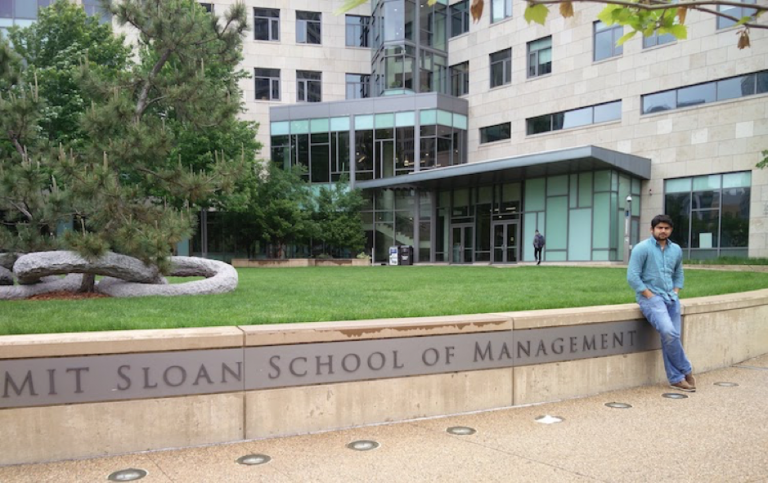
Ash didn’t necessarily see himself based entirely in Asia—but he now sees first-hand the opportunities of working in this exciting region. “Asia is the fastest growing region in the world,” Ash muses, “but what does it actually mean to the individual?” For Ash, it’s the possibility of rapid career advancement. Ash says he sees people moving much more quickly up levels of seniority in Asian companies like AirAsia.
Ash is not fixated on salary, and insists that other Asia-based MBA students have a similar attitude. “It’s a very fluid area and things do tend to change. You really can shape and mold what you want to do.”
An opportunity for change
Sylvia Lian’s (pictured) background is a little different. Originally from Kuala Lumpur, Sylvia trained as a lawyer and found her way to AirAsia before her MBA—first in the legal department, then as an insurance manager in risk management. Her desire to move away from law was met when the opportunity at ASB sprung up through her job. She was offered a scholarship as a ‘talent’ within the company to earn a two-year MBA at Asia School of Business before returning to AirAsia.
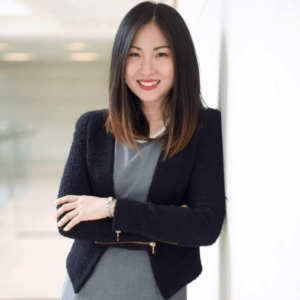 “In this part of the world, it’s difficult to break away [from your profession] unless you get another professional qualification,” Sylvia warns. Her MBA was the perfect opportunity for her to become acquainted with business skills to add to the soft skills she had gained from a legal profession.
“In this part of the world, it’s difficult to break away [from your profession] unless you get another professional qualification,” Sylvia warns. Her MBA was the perfect opportunity for her to become acquainted with business skills to add to the soft skills she had gained from a legal profession.
Specifically helpful to her role were courses in global management, which looked at how to deal with global issues surrounding companies which are expanding beyond their region of origin. Given AirAsia’s recent global expansion, this was invaluable.
Like Ash, Sylvia also found the Action Learning program to be an incredible and diverse experience. She worked on a variety of projects, including a project for Del Monte, helping to monetize some of the partners working on their platform, and SmartStudy, the digital education company responsible for 2019 viral video sensation ‘Baby Shark’.
The benefits of an open mind
Having grown up in Kuala Lumpur, it was Sylvia’s exposure to students and ideas from around the world which grew her understanding of global perspectives on specific business issues. She points out the diversity of the class, with students hailing from around the world including Mexico, South Africa, Russia, and the Philippines. This exposed her to different ways of thinking and approaching a problem.
This article was originally published on BusinessBecause, a network helping MBA students make connections before, during and after their MBA.





